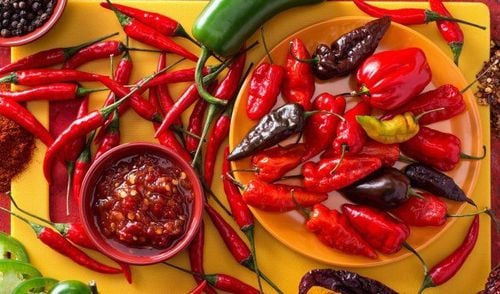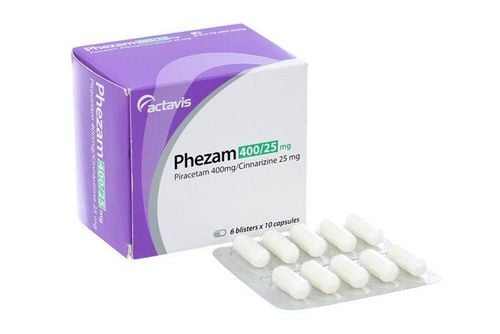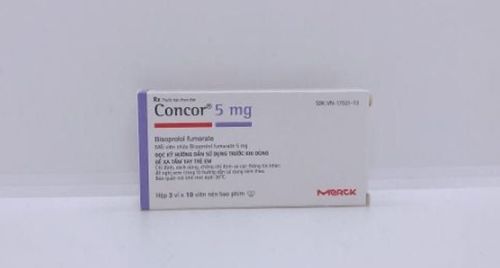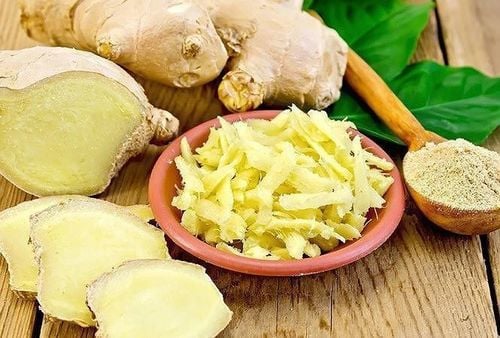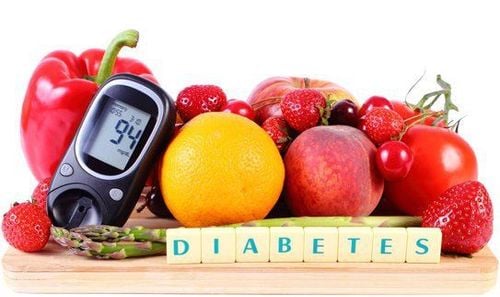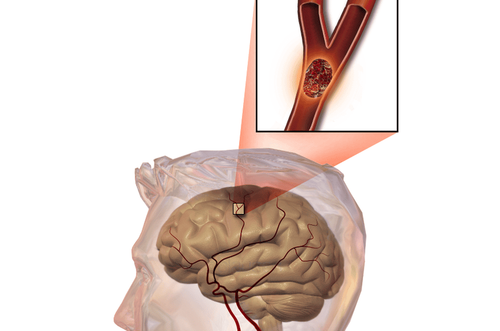Article written by Master, Doctor Nguyen Van Phong - Internal Medicine and Interventional Cardiologist - Cardiovascular Center, Vinmec Times City International General Hospital
When you have atrial fibrillation, your heart rhythm will be irregular, and you need to pay attention to the foods you consume. Foods that contain too much salt can raise blood pressure, and high blood pressure can make you more susceptible to atrial fibrillation. Salty foods can also worsen symptoms, making them harder to control, which significantly increases your risk of having a stroke.
For example, a serving of cold turkey can contain more than 1000 mg of sodium, which is enough for 50% of the total sodium intake for 1 day.
Other super salty foods include: Pizza, canned goods, bread, sauces...
You should check the product information of the foods you use every day to choose the type with the appropriate salt content.
1. Some ready-to-eat foods.
In addition to salt, you should also check the sugar content before buying foods, especially some processed breakfast foods.
A diet high in sugar can lead to obesity and high blood pressure, which can lead to atrial fibrillation.
Other surprisingly high-sugar foods include: Pasta sauce, ketchup…
2. Coffee
Scientific evidence regarding coffee as a stimulant causing arrhythmias, especially atrial fibrillation, is not yet clear. Previous studies have shown a link between coffee and atrial fibrillation, but recent studies have found no connection between coffee consumption and the frequency of atrial fibrillation episodes.
However, regardless of the findings, you should not consume excessive amounts of coffee. Drinking too much coffee can raise blood pressure and increase heart rate, which can trigger atrial fibrillation episodes.
It is recommended not to drink more than two or three cups per day or to switch to decaffeinated coffee.
3. Green vegetables
In atrial fibrillation, taking blood thinners (anticoagulants) can help prevent blood clots from forming, reducing the risk of stroke.
However, there is a type of anticoagulant that will be less effective (anticoagulants with vitamin K antagonists: Simtrom; Waffarin; Coumadine...) when you eat foods rich in vitamin K such as lettuce, spinach, and other vegetables.
You should talk to your cardiologist to find out if the green vegetables you are taking will change the effect of anticoagulants. Then, depending on your blood clotting tests (such as INR index), your doctor can adjust the dose of the drug to suit your eating habits.
4. Grapefruit
If you are taking medication to control your heart rhythm, it is best to avoid this citrus fruit until you consult with your doctor.
Grapefruit and grapefruit juice contain chemicals that can alter the absorption levels of certain medications in the digestive system. This can make the side effects of these medications more likely to occur.
You should discuss with your doctor whether grapefruit is suitable for you.
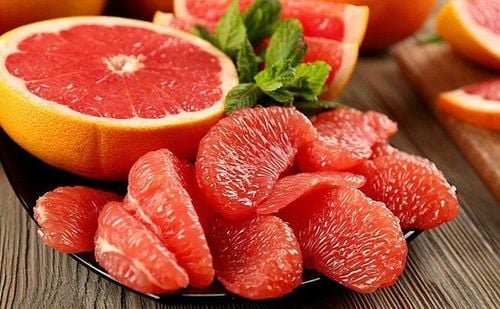
Patients with atrial fibrillation should be cautious when using grape5. Red meats
Saturated fats in beef, lamb, and pork fat are the types that increase the bad cholesterol (LDL – Cho) in your blood. High LDL-Cho levels can lead to heart disease and atrial fibrillation, and increase the risk of stroke.
Instead, you should include lean meats (red meats) such as tenderloin, and beef... in your menu. Limiting the use of animal fat helps reduce bad cholesterol
6. Avocado
Dairy products such as cream and cheese are high in saturated fatty acids. If your diet contains a lot of saturated fatty acids, your body will increase the production of "bad" cholesterol.
A better choice for your heart is fat-free or low-fat milk and dairy products.
Using heart-healthy vegetable oils, such as olive oil or rice bran oil, instead of animal fats for cooking can help reduce "bad" cholesterol levels in the blood.
7. Fried Foods
Doughnuts and French fries can contain the worst kind of fat: trans fat. Unlike other fats, they can have the double whammy of raising bad cholesterol while lowering good cholesterol (HDL-Cholesterol).
Bakeries like cookies, cakes, and muffins can also contain trans fat.
8. Energy Drinks
Many energy drink brands often add various ingredients into a super-sized cup of caffeine to help boost your energy. This combination may harm your heart more than just consuming caffeine alone.
One study showed that energy drinks cause more heart rhythm changes than other beverages that only contain caffeine.
Another study pointed to a link between consuming a lot of energy drinks and the onset of atrial fibrillation.
9. Sea Salt
Sea salt crystals are typically larger and saltier than table salt, but sea salt still has the same amount of sodium as table salt.
A teaspoon of sea salt is equivalent to about 2300mg of sodium – the recommended daily limit.
To help kick your salty habit, try different spices and herbs to add to your food such as ginger, chili, pepper…
10. White Rice
White rice is often heavily milled, which removes the nutrients and fiber that are good for your heart. Fiber can help improve blood cholesterol levels, and reduce the risk of heart disease, obesity, and type II diabetes – conditions related to atrial fibrillation.
You should incorporate brown rice or unpolished rice into your meals. Whole grains help you feel fuller for longer, reduce cravings, and may lower the risk of stroke.
fruit
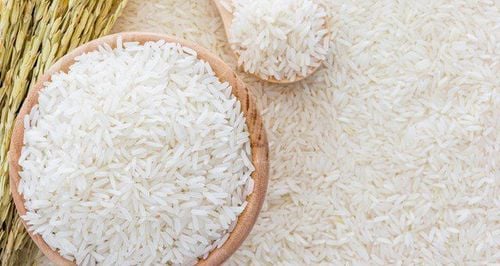
11. Cold Drinks
Cold drinks help you cool down in the summer, but they can trigger atrial fibrillation.
Although research is still in its early stages, a recently published study suggests a link between cold drinks and irregular heartbeats.
If you experience palpitations after drinking cold drinks, you should see your doctor for further advice.
12. Too Much of Any Food
Overeating, even healthy foods, can lead to weight gain. When you're obese, you have a higher risk of atrial fibrillation or an increased risk of recurrent atrial fibrillation after stable treatment (even after RF ablation treatment).
If you're obese (BMI >25 for Asians), try to reduce at least 10% of your body weight.
You should start by controlling portion sizes: reduce portion sizes, limit foods high in saturated fats, and trans fats, and increase physical activity.
Please dial HOTLINE for more information or register for an appointment HERE. Download MyVinmec app to make appointments faster and to manage your bookings easily.





